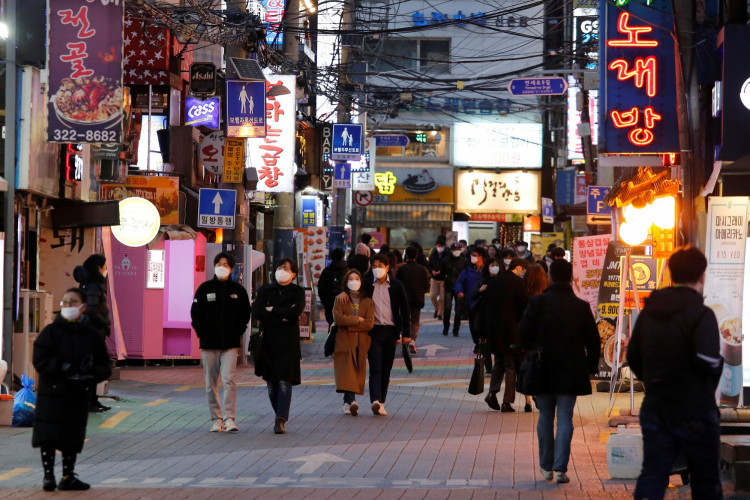This year, South Korea plans to hire approximately 110,000 migrant laborers to work in its farms and factories, but some companies think even more would be required to keep them operating.
A recent poll conducted by the Korea Enterprises Federation, a significant business lobbying group, found that nearly 40% of the small- and medium-sized enterprises (SMEs) surveyed felt the government did not completely understand the scope of the issue.
They claimed that the country's planned influx of 110,000 additional foreign workers is far from sufficient to close the labor shortage.
As many young South Koreans avoid employment they perceive to be dirty and dangerous, many industries are currently experiencing a labor shortage.
Observers believe that without migrant workers, some South Korean farms and factories may be unstaffed.
Foreign workers are in high demand at a greenhouse farm in Pocheon, about 41 kilometers northeast of Seoul, according to the farm's owner, Kim Jang-yeon.
"Many foreign workers are needed. I also hire local workers during the busy farming season. They account for only about 20% of all workers at our farm," Kim said.
"The remaining 80% are actually foreign workers and agricultural products are produced by them."
As South Korea's reliance on migrant workers grows, so does the country's treatment of them.
Many firms have begun to construct new housing structures for migrant employees, as the government has stated that it will no longer give employment permits to employers who house foreign workers in temporary structures inside vinyl greenhouses.
This comes after a 31-year-old Cambodian worker was found dead in one of these structures in Pocheon on a cold winter day in 2020.
Her tragedy exposed the harsh working conditions for foreign employees in South Korea.
Kim stated that he took the effort to provide better accommodation for his employees four years ago, before the government made it compulsory.
According to pastor Kim Dal-sung, who directs the Migrant Workers' Center in Pocheon, even though the government has made attempts to make things better on the ground, many migrant workers still face difficult working conditions.
"The Ministry of Employment and Labor is not implementing the new policy properly," Reverend Kim said.
His group constantly checks on foreign workers, visiting them at least twice a week and calling them on a regular basis in case they require assistance.
"This is a region where temperatures go down to minus 15 to 20 degrees Celsius in winter," he said. "It's very difficult for foreign workers from Southeast Asia, where it is hot in all seasons, during the cold winter."






